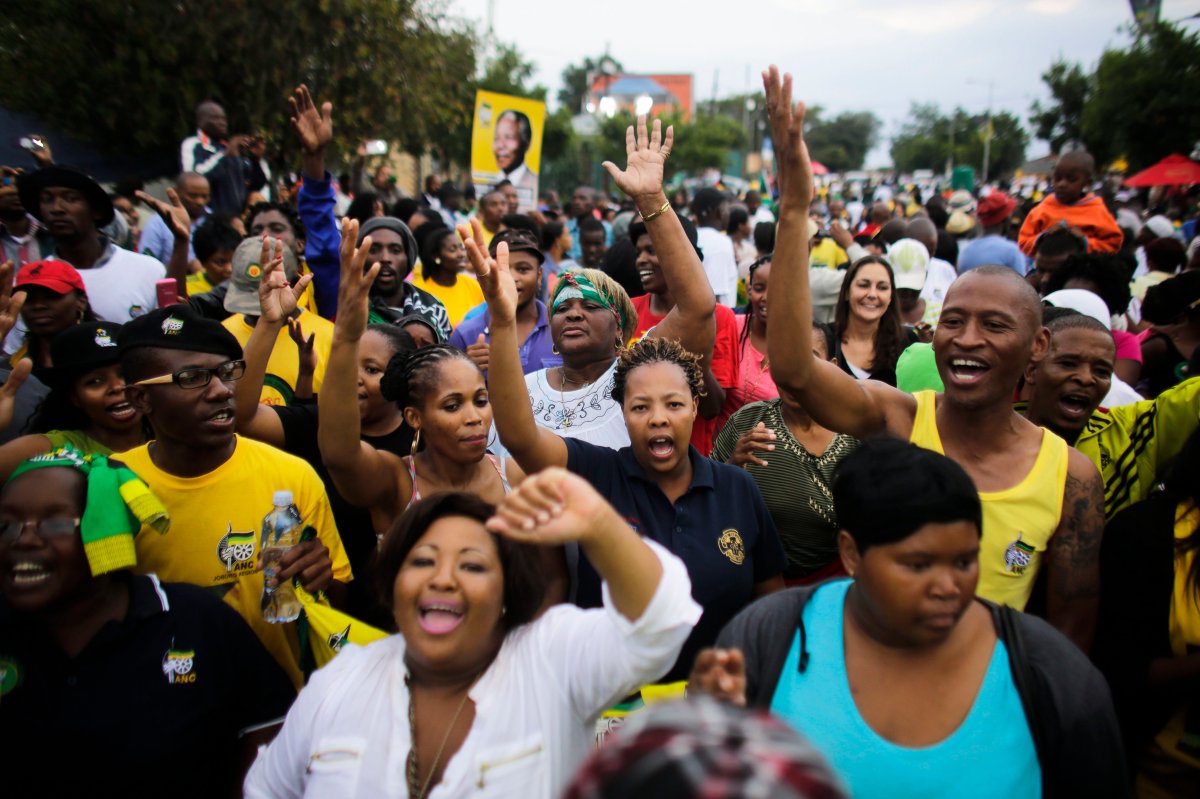OTTAWA – South Africans who fought against apartheid in Nelson Mandela‘s party could still be considered terrorists and denied entry to Canada – and opposition MPs are calling on the Conservatives to change the system once and for all.

Some members of the African National Congress – the liberation movement that won power in 1994 – have criminal records or incited and committed violence in the pursuit of equality in the apartheid era.
That means they are subject to Canadian security regulations, including engaging in terrorism.
“We have to get this thing resolved,” Liberal MP Irwin Cotler said from Johannesburg, where he was attending Mandela’s memorial as part of the Canadian delegation with Prime Minister Stephen Harper.
“It’s both an embarrassment, it’s unfair, and it should not continue.”
According to the Immigration and Refugee Protection Act, a foreign national can be deemed inadmissible for security grounds if he or she has engaged in subversion against a democratic government, terrorism or acts of violence.
READ MORE: Some in Canadian delegation being kept out of Mandela stadium ceremony
Citizenship and Immigration Canada says there is no policy to specifically exclude ANC members from Canada, and all visa applicants are subject to the act.
“Some members of this organization are admissible, while others are inadmissible based on their own personal history and the activities of this organization,” spokesman Remi Lariviere wrote in an email.
Curiously, former immigration minister Jason Kenney said last year the matter had been dealt with.
Kenney told the House of Commons in March 2012 that his office issued an operational bulletin to visa officers and border agents indicating the ANC had undergone substantial change and “membership in it should no longer be considered grounds for inadmissibility.”
It turns out there is no such bulletin – a public document clearly outlining new procedures – but rather a directive in a manual was issued in October 2011 that does not specifically address the ANC.
According to the documents requested of the government by Cotler, the directive indicates that some organizations are fundamentally different from those that engage in espionage, subversion, or terrorism.
The directive gives officials the discretion to decide if the organization has changed. “If the organization was so fundamentally different, then the person may be found admissible,” the document says.
Kenney’s office turned down an interview request to discuss his statement in the House. Immigration Minister Chris Alexander wouldn’t comment on the restrictions because “decisions on admissibility are made by public servants, not politicians,” his spokeswoman said.
READ MORE: Quotes from leaders, family at Nelson Mandela memorial
For the past decade, the issue has been on South Africa’s radar. On a visit to the country in May, Governor General David Johnson called the visa issue a “terrible tragedy” and said it needed to be addressed – although the document says neither he, nor parliamentary secretary Deepak Obhrai, was made aware of the 2011 directive at the time.
Cotler, who worked on Mandela’s legal team during the former president’s 27 years in prison, said ANC officials brought up the fact they could be rejected from Canada when he visited the country last year.
“They felt insulted and pained that they in fact were presumptively being excluded,” he said. “We have a general law in Canada regarding inadmissibility. That should be applied as it is applied to everybody else.”
The department does not track the number of people from groups deemed inadmissible. But it says of the recent ANC cases the government is aware of, none have been denied entry.
But that isn’t good enough for NDP foreign affairs critic Paul Dewar, who thinks the government should revise its policy and make sure an ANC background doesn’t impact eligibility.
BLOG: The business of selling Nelson Mandela
“Why doesn’t the government just revise this and make it very clear that times have changed?” he said.
“When you’re talking about people who have criminal records, there’s different kinds of ‘crime.’ There’s those who were involved in political activities because the state at the time considered those political activities to be criminal.
“And, you know, you have to address that, and say ok, is this really relevant anymore?”
But refugee lawyer Julie Taub says by giving officials discretion on a case-by-case basis, they can investigate what type of activity the ANC member participated in.
“Clearly they differentiate criminal records such as Nelson Mandela’s, and somebody who partook in violence and may have actually injured somebody or killed somebody,” she said.




Comments